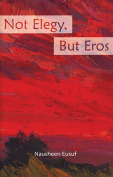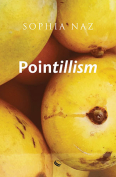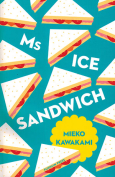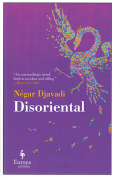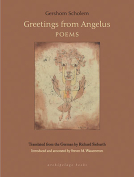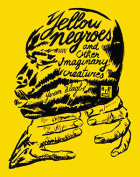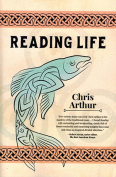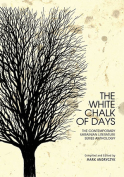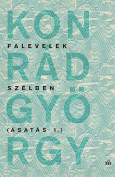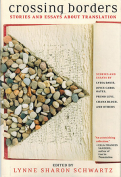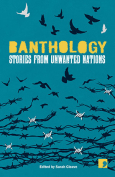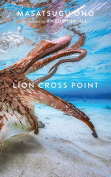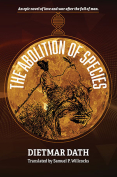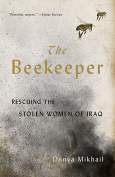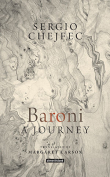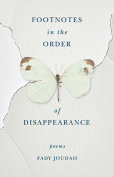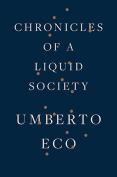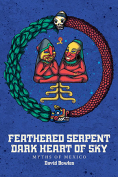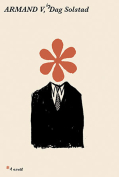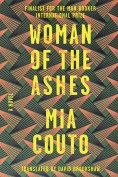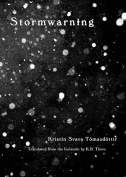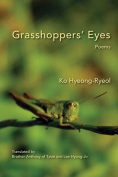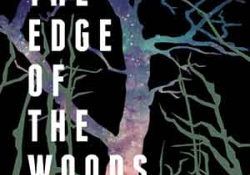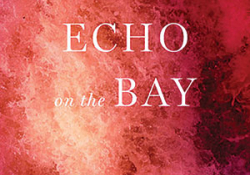Lion Cross Point by Masatsugu Ono
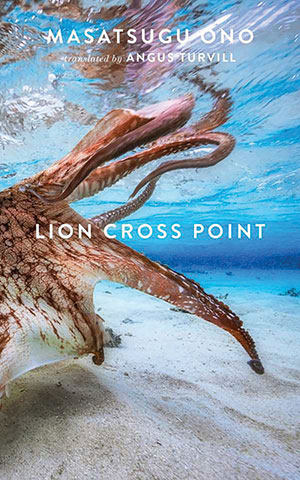 San Francisco. Two Lines Press. 2018. 128 pages.
San Francisco. Two Lines Press. 2018. 128 pages.
Lion Cross Point is about a young boy named Takeru, vacillating between his traumatic past and present and coming uncomfortably close to the pain he hasn’t been able to reconcile. The story centers on his time in the city with his mother and older brother and the ways in which that experience follows him all the way to the small fishing village where a relative takes him in.
The phenomenon of place plays a powerful role in shaping the story. Of course, the environment influences the characters in the novel, but it becomes something more. Setting is so prominent that it seems to be another character at times, with its own motivations and personality. The characters don’t just interact with the settings; rather, the settings exert their own influence, alternately trapping Takeru and rehabilitating him depending on the place.
One of the most powerful aspects of the story is how Masatsugu Ono captures his protagonist’s voice. Takeru is a young boy struggling with his past, and while Ono does not write the story from Takeru’s first-person perspective, the narrative inhabits the boy’s mind, getting as close to his suffering as possible. Takeru’s internal workings display his childlike understanding of the world, including the gaps in that understanding. Takeru is constantly trying to make sense of the situations to which he finds himself subjected, which highlights these gaps and results in a tension within himself that underlies the story.
Takeru’s unique relationship to the world around him allows for Ono to play around with slight tinges of the fantastical. The past and present seem to meld together at times, and Takeru even begins to experience the presence of a young boy who vanished from the village years ago. Without the assumptions that color the perceptions of adults, Ono’s character can investigate aspects of the world in a different way, creating a unique experience for readers that blurs the lines of reality.
Lion Cross Point is marked by a dichotomy between the inevitability of suffering and the potential for compassion within those moments. Being a child, Takeru is constantly at the mercy of others, and, time and time again, their decisions place him in painful situations. Every step of the way, though, there is someone to help carry him through it, creating a book that is equal parts heart-wrenching and heartwarming. (Editorial note: Read an interview with Ono from this same issue.)
Reid Bartholomew
University of Oklahoma

